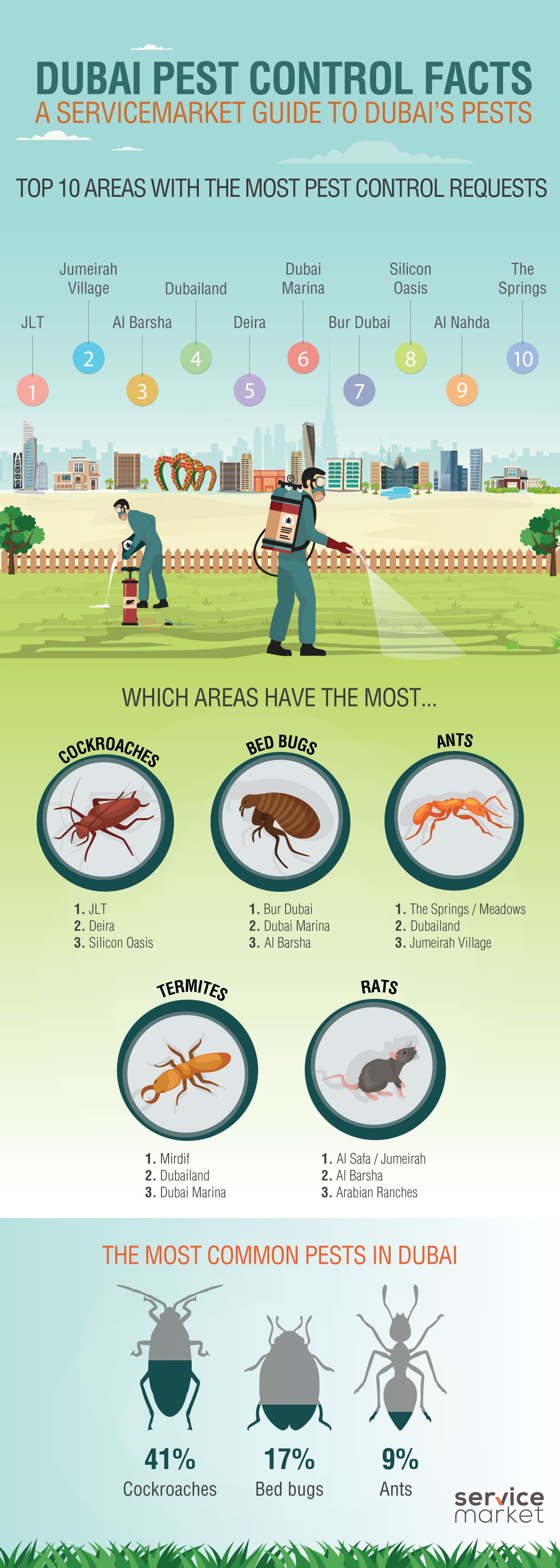Past The Spray: Checking Out Advanced Techniques Utilized By Bug Control Professionals
Past The Spray: Checking Out Advanced Techniques Utilized By Bug Control Professionals
Blog Article
Created By-Evans Stewart
Are you tired of relying solely on sprays to take care of pests in your house or office? While https://nowhabersham.com/animal-shelter-staff-treated-for-potential-exposure-after-stray-kitten-turns-rabid/ can work, pest control specialists have actually created advanced techniques that go beyond just splashing chemicals.
These techniques not only give more reliable and lasting remedies, yet additionally focus on decreasing using hazardous pesticides. By discovering these sophisticated strategies, you will find an entire new world of bug control techniques that are not only reliable, however additionally eco-friendly.
So, are you prepared to take your bug control game to the next level?
Integrated Bug Monitoring (IPM)
If you're searching for a reliable and environmentally-friendly method to pest control, Integrated Insect Administration (IPM) is the option you require. IPM concentrates on lasting avoidance and administration of insects, rather than just counting on pesticides. This method thinks about the certain requirements and habits of insects, in addition to the surrounding environment.
By utilizing https://professional-rat-removal06273.sharebyblog.com/25744960/discover-the-silent-destroyers-in-your-home-discover-termite-risks-and-efficient-treatment-options-shield-your-property-now of strategies such as biological control, environment manipulation, and targeted pesticide use, IPM intends to minimize the reliance on chemical therapies and lessen harm to non-target organisms.
One key facet of IPM is checking and identifying bugs accurately. This involves consistently evaluating and assessing the pest population, in addition to identifying the specific types present. By recognizing the biology and habits of pests, insect control experts can create targeted approaches to disrupt their life process and minimize their numbers.
An additional vital aspect of IPM is utilizing non-chemical control approaches whenever possible. This can consist of physical obstacles, such as mounting screens or securing splits and holes, to avoid insects from going into buildings. In addition, cultural practices, like proper cleanliness and waste management, can assist get rid of bug food sources and reproducing premises.
When chemicals are necessary, IPM focuses on using them judiciously and as a last hope. This means choosing the least poisonous and most effective alternative, applying it exactly and only to affected areas, and adhering to all safety standards. By lessening chemical usage, IPM minimizes the possible risks to human health and wellness and the environment.
Biological Control
To better boost the effectiveness of Integrated Parasite Administration (IPM), the next subtopic we'll check out is the technique of biological control. This technique makes use of all-natural predators or parasites to regulate pests.
Below are 4 essential facets of biological control:.
1. Introduction of natural opponents: In this method, advantageous insects or organisms are presented to the location infested with pests. These all-natural enemies take advantage of the bugs, helping to decrease their populace.
2. Preservation of natural enemies: Instead of introducing brand-new microorganisms, this approach focuses on producing an appropriate atmosphere for existing advantageous bugs. This can be accomplished with offering food, shelter, and water sources.
3. Augmentation: Below, the number of all-natural adversaries is increased artificially by breeding and releasing them right into the ravaged area. https://felixieytn.blogolenta.com/22692081/beyond-the-spray-checking-out-advanced-techniques-made-use-of-by-insect-control-experts helps to quickly lower the pest populace.
4. Push-pull method: This strategy combines repellents and attractants to adjust the actions of bugs. Repellents press bugs away from crops, while attractants lure them towards catch plants or locations where they can be conveniently controlled.
Habitat Adjustment
Habitat modification plays a crucial function in insect control by altering the setting to discourage bug infestations. By making changes to the physical characteristics of a space, you can create an inhospitable setting for parasites, making it harder for them to endure and flourish.
One common technique of environment modification is getting rid of or reducing possible food sources for pests. This can consist of correct waste monitoring, securing containers, and cleaning up food crumbs.
Furthermore, getting rid of or lowering locations of standing water can aid control parasites like mosquitoes.
Transforming the landscape by cutting trees and shrubs far from structures can likewise protect against parasites from accessing your home.
Verdict.
So there you have it - the sophisticated methods made use of by parasite control experts exceed just spraying chemicals. Integrated Insect Monitoring (IPM) incorporates different techniques to efficiently regulate parasites, while organic control harnesses all-natural enemies to keep pest populaces in check.
Environment alteration also plays a vital role in stopping pest problems.
Did you know that according to a research, applying IPM techniques decreased chemical usage by approximately 71%? This not only protects our wellness and the atmosphere yet likewise conserves money over time.
